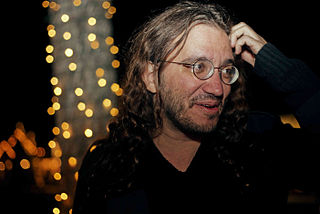A Quote by Talal Abu-Ghazaleh
Technology is not simply additive; it is more often exponential. An invention usually triggers other inventions.
Quote Topics
Related Quotes
For one thing, there are many "inventions" that are not patentable. The "inventor" of the supermarket, for example, conferred great benefits on his fellowmen for which he could not charge them. Insofar as the same kind of ability is required for the one kind of invention as for the other, the existence of patents tends to divert activity to patentable inventions.
In the end, the fate of children depends on our ability to use technology constructively and carefully. The connection of childrenand technology is not simply a matter of seat belts, safe toys, safe air, water and food, additive-free baby foods, or improved television programming. These are all important issues, but to stop here is to forget that today's children will soon be adults. Technological decisions made today will determine, perhaps irrevocably, the kind of physical and social world we bequeath them and the kind of people they become.
Scheduled shipping is one of many inventions that has made New York a global capital of innovation and creativity - from Willis Carrier's invention of air conditioning in Buffalo and George Eastman's breakthrough film technology in Rochester to the rise of hip-hop in the South Bronx and the world's first cell phone call in Midtown Manhattan.
Anyone who has studied the history of technology knows that technological change is always a Faustian bargain: Technology giveth and technology taketh away, and not always in equal measure. A new technology sometimes creates more than it destroys. Sometimes, it destroys more than it creates. But it is never one-sided. The invention of the printing press is an excellent example. Printing fostered the modern idea of individuality but it destroyed the medieval sense of community and social integration.
Some of the most innocuous inventions have proven earth-shattering, with reverberations felt around the planet. The Internet is the poster child for disruptive technology, but even such inventions as Amazon's Kindle and Apple's iPod have rocked their respective industries by changing how we entertain ourselves.
































